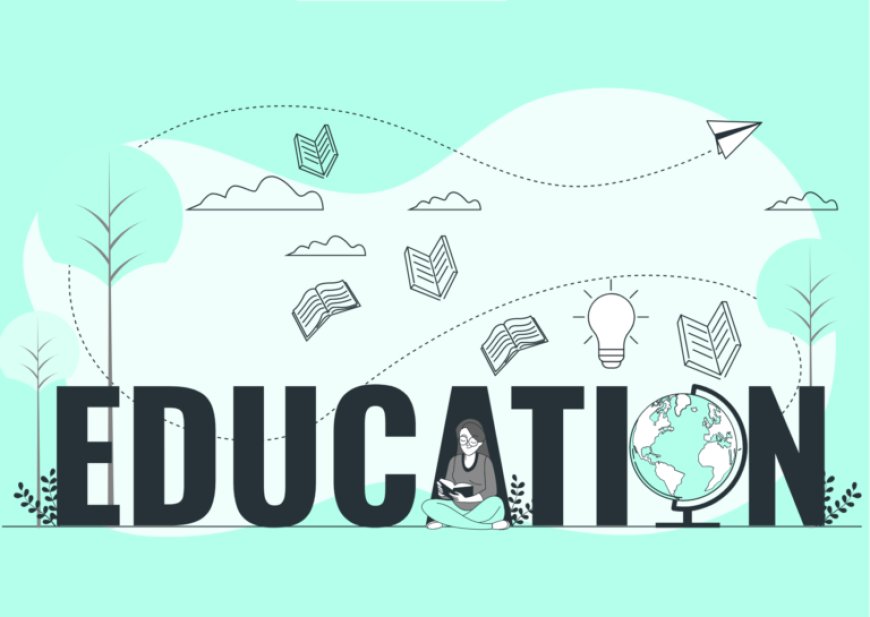UNESCO Highlights Concerns About EdTech in Education
UNESCO raises concerns over EdTech efficacy, highlighting challenges in accessibility, effectiveness, and digital divide in education amid rapid technological advancements.

In a recent report, the United Nations Educational, Scientific and Cultural Organization (UNESCO) has expressed concerns over the effectiveness of educational technology (EdTech) in classrooms. While technology has revolutionized learning methods worldwide, UNESCO warns that its benefits may not always outweigh its challenges. The organization emphasizes the need for balanced and well-researched integration of EdTech in schools to ensure it truly enhances learning outcomes.
1. Questioning the Learning Impact
UNESCO highlights that while digital tools provide accessibility and convenience, there is limited conclusive evidence proving that they significantly improve learning outcomes. In some cases, over-reliance on technology has led to distractions and reduced comprehension levels.
2. Equity and Digital Divide Issues
One of the major concerns raised is the digital divide. Many students, especially in underprivileged regions, lack access to high-quality EdTech tools, internet connectivity, or even basic devices, leading to disparities in education quality.
3. Teachers’ Role in Digital Learning
While EdTech can supplement education, UNESCO stresses that technology cannot replace the role of teachers. Personalized guidance, emotional intelligence, and hands-on instruction are critical for a child's development—elements that digital platforms cannot fully replicate.
4. Data Privacy and Security Risks
Many EdTech solutions collect vast amounts of student data, raising concerns about privacy and security. UNESCO urges governments and institutions to enforce stricter data protection policies to prevent misuse or unauthorized access to sensitive information.
5. Over-Reliance on AI-Powered Learning
Artificial Intelligence (AI) plays a growing role in EdTech solutions, providing personalized learning experiences. However, UNESCO warns that unchecked AI dependence can lead to algorithmic biases, reducing fairness in educational opportunities.
6. Screen Time and Health Concerns
Extended screen time has been linked to various health issues, including eye strain, lack of physical activity, and reduced attention spans. UNESCO recommends that schools maintain a balanced approach, incorporating traditional learning methods alongside digital tools.
7. Effectiveness of Remote Learning
During the pandemic, online education became a necessity. However, UNESCO's report suggests that remote learning is not equally effective for all students. Those without parental support or access to quality internet often struggle to keep up with their peers.
8. High Costs and Sustainability Issues
Many EdTech tools require significant investment, making it difficult for financially constrained schools to implement them effectively. Additionally, rapid technological advancements lead to outdated software and hardware, raising concerns about long-term sustainability.
9. Need for Government Regulations
UNESCO calls for stronger policies and regulations to ensure EdTech companies prioritize educational value over commercial interests. Governments must oversee the development and implementation of digital learning tools to ensure quality education remains the primary goal.
10. The Future of EdTech: A Balanced Approach
UNESCO acknowledges that technology will continue to shape the future of education. However, it advocates for a balanced approach, where digital tools complement traditional teaching methods rather than replace them entirely. Schools should focus on strategic EdTech integration to maximize benefits while addressing potential downsides.
Conclusion
The concerns raised by UNESCO serve as a wake-up call for educators, policymakers, and technology providers. While EdTech offers numerous advantages, its implementation must be carefully managed to avoid unintended consequences. The key lies in striking a balance between digital learning and traditional educational values to ensure all students benefit from meaningful, inclusive, and effective education.




























